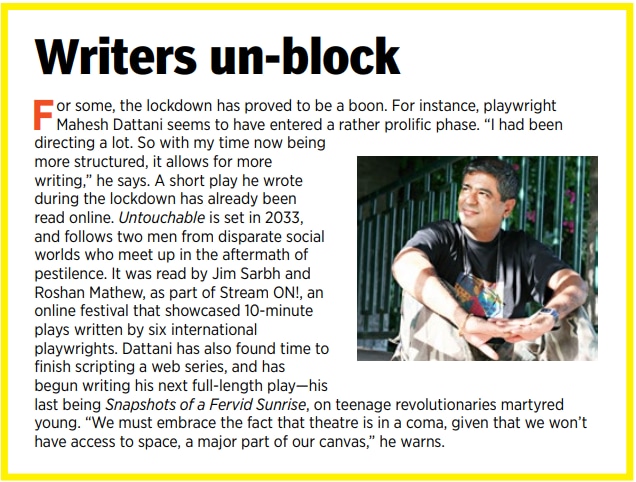
Can theatre go virtual?
The theatre community, based on the fundamental ethos of human gatherings, is faced with uncertainty in a world of social distancing
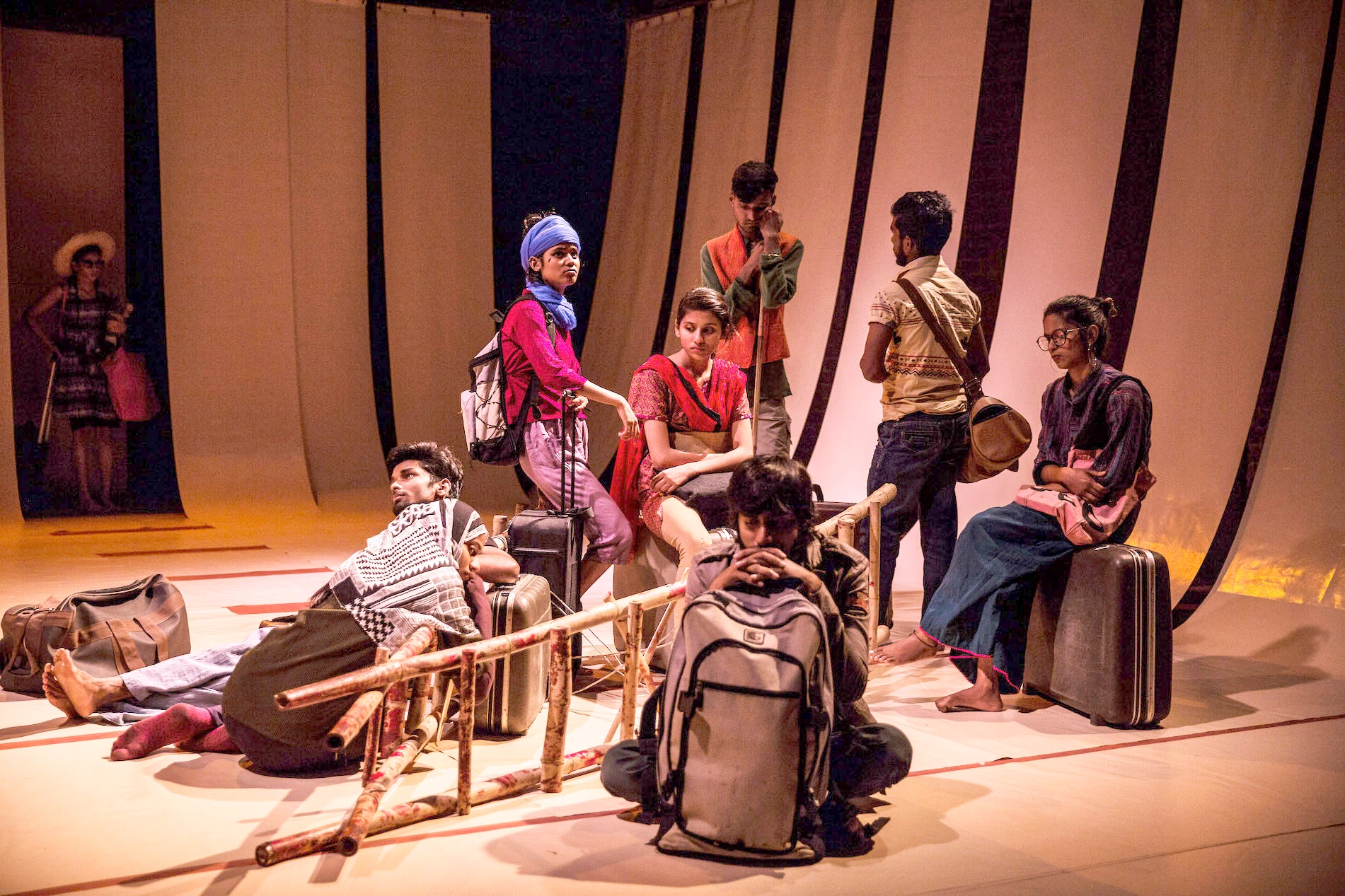 A scene from Neel Chaudhuri’s Rihla, at Black Box Okhla
A scene from Neel Chaudhuri’s Rihla, at Black Box OkhlaImage: Aagaaz Theatre Trust
Like everything else, the world of creative arts has taken a hit in an economy brought to a standstill by attempts to contain the spread of the novel coronavirus, including strict lockdown measures nationwide. For some, this might take on the guise of an extended sabbatical, with books and charms at hand’s reach, while for others, it is nothing short of cataclysmic.
The theatre ecosystem in India is a microcosm of society. It is far from monolithic, with people from vastly different backgrounds coming together to participate in models of artistic collaboration that range from the hierarchical to the egalitarian, with a skew towards liberal values. These differences have perhaps never been more in evidence than now, when the cultural landscape reveals a spectrum of maladies.
One group for whom this strikes particularly close to home is the Delhi-based Aagaaz Theatre Trust, a community-driven collective founded by Sanyukta Saha with young Muslims from Nizamuddin Basti, an epicentre of the pandemic. They have created plays like the critically acclaimed Bhagi Hui Ladkiyan, on young girls coming into their own despite their conservative surroundings, and Rihla, a take on how the disenfranchised youth might claim a notional country for themselves. The lockdown has put a halt to Aagaaz’s activities—which partly sustains the livelihoods of its repertory members—and has also brought it to the edge of an existential precipice.
On the surface, they’ve regrouped with the help of technology, like many other theatre companies. While video conferencing was a non-starter, given connectivity issues in the area, they’ve settled on a system of synchronised voice notes over WhatsApp. Checking in with each other has provided some succour at a time of imposed severance. “For the girls especially, the group was a safe space that gave them a life away from their cloistered homes,” explains Saha. “Now, all of them are voicing their fears and anxieties about this time, and the uncertainty clouding Aagaaz’s future.”
The prognosis is clear: Cultural spaces are likely to remain closed for the rest of the year. The actors have also been caught up in the maelstrom of events surrounding the Tablighi Jamaat in March. In mid-April, Aagaaz launched a drive that raised funds to support the families—eight households in all—of their repertory members for two months. “It has bought us time, but going forward, we want this to not be purely charitable, but a means to keep our practice alive,” says Saha.
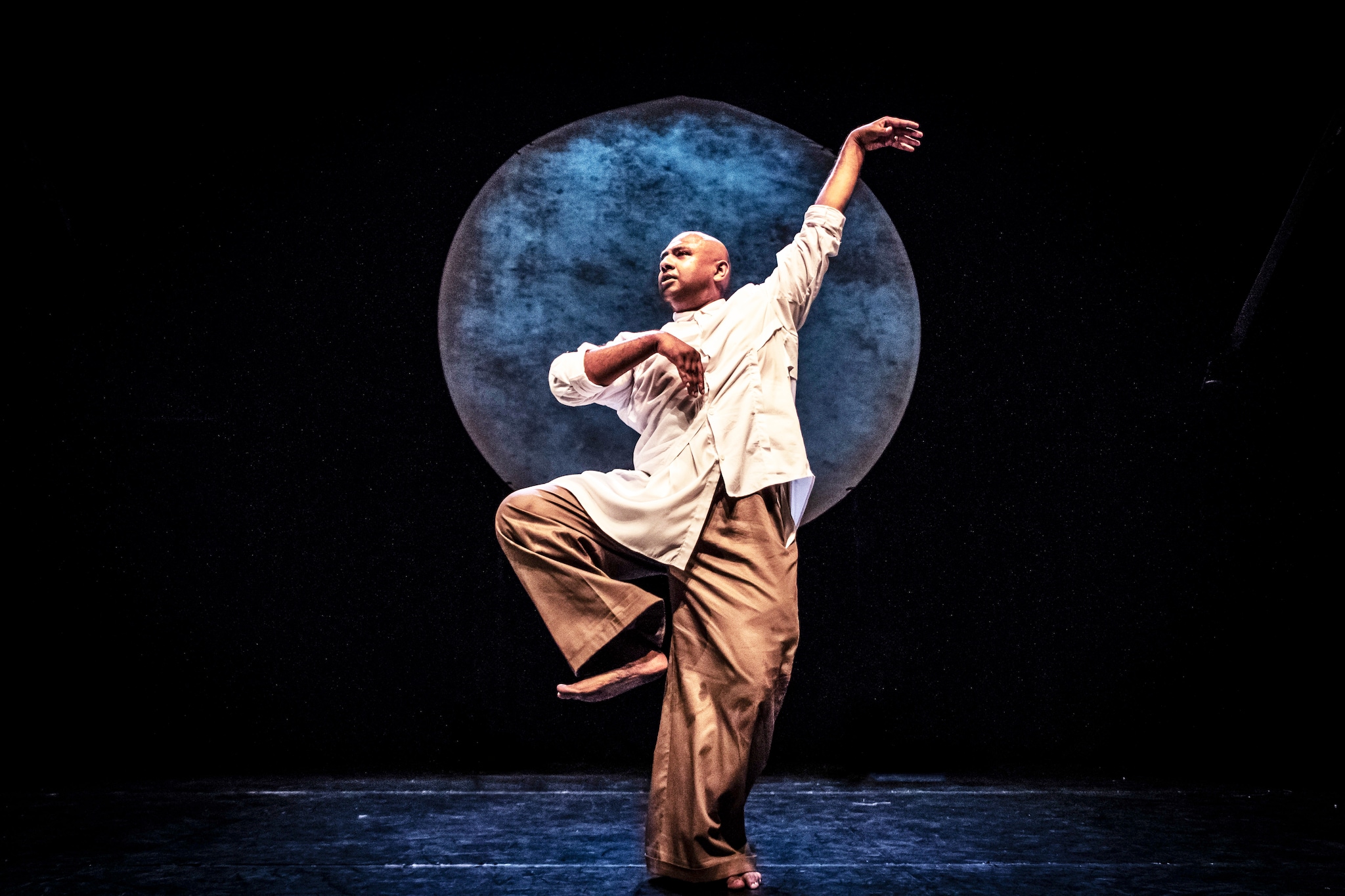 Shane Shambhu in Confessions of a Cockney Temple Dancer
Shane Shambhu in Confessions of a Cockney Temple Dancer(This story appears in the 30 November, -0001 issue of Forbes India. To visit our Archives, click here.)



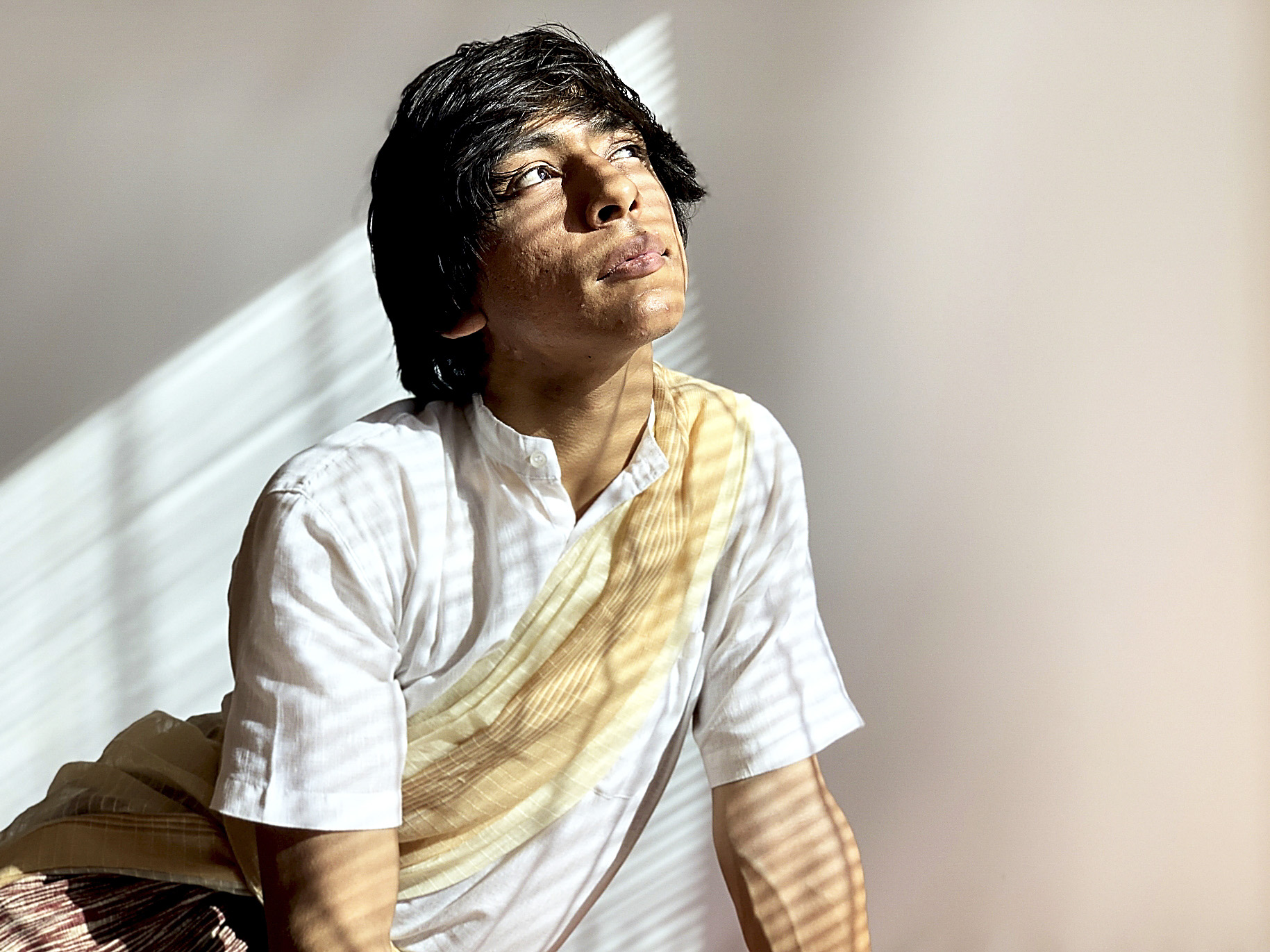 Shubham Chaudhary in Mahesh Dattani’s Snapshots of a Fervid Sunrise
Shubham Chaudhary in Mahesh Dattani’s Snapshots of a Fervid Sunrise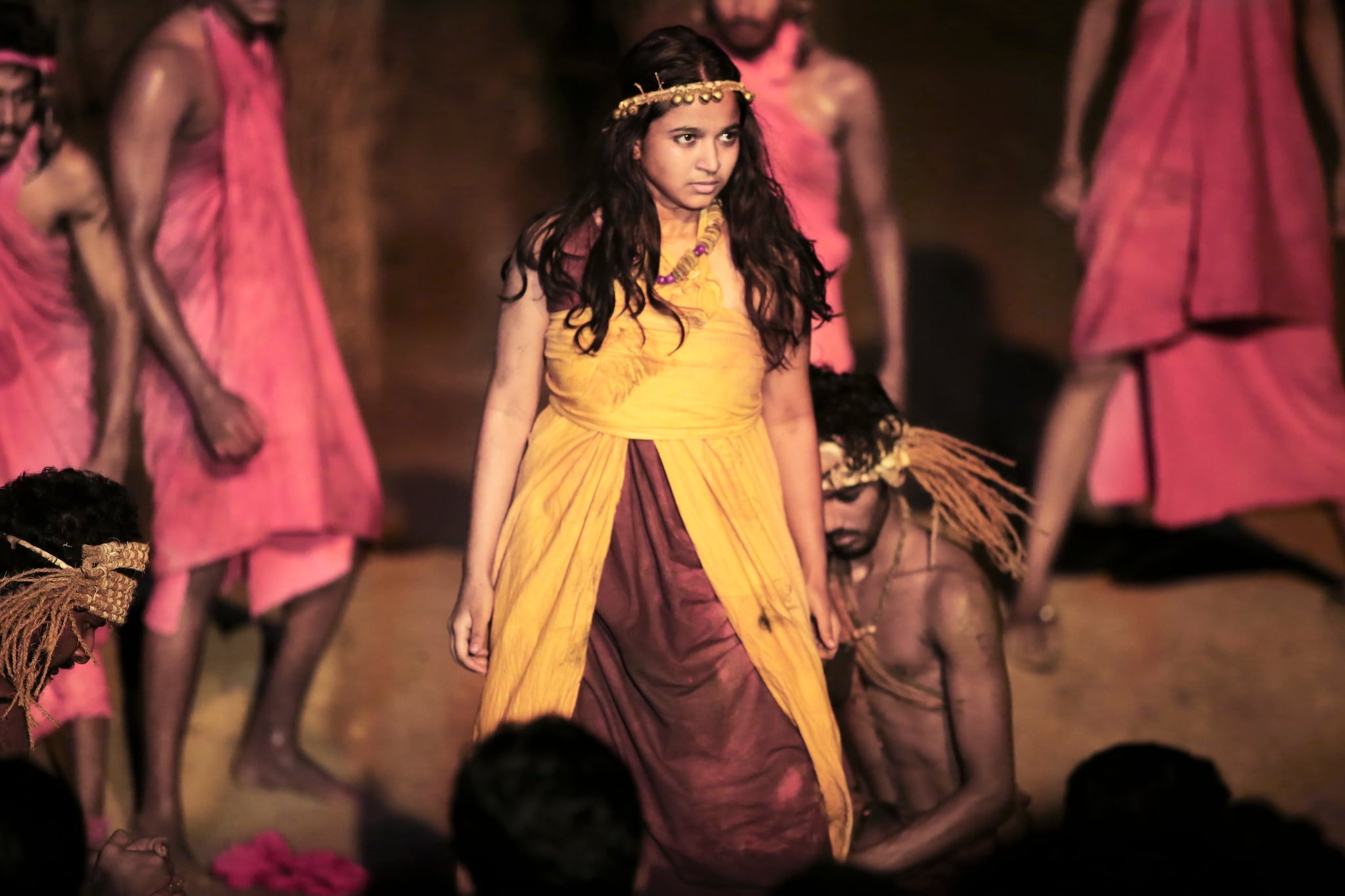 A scene from Sreejit Ramanan’s Misty Mountains of Mahabharata
A scene from Sreejit Ramanan’s Misty Mountains of Mahabharata